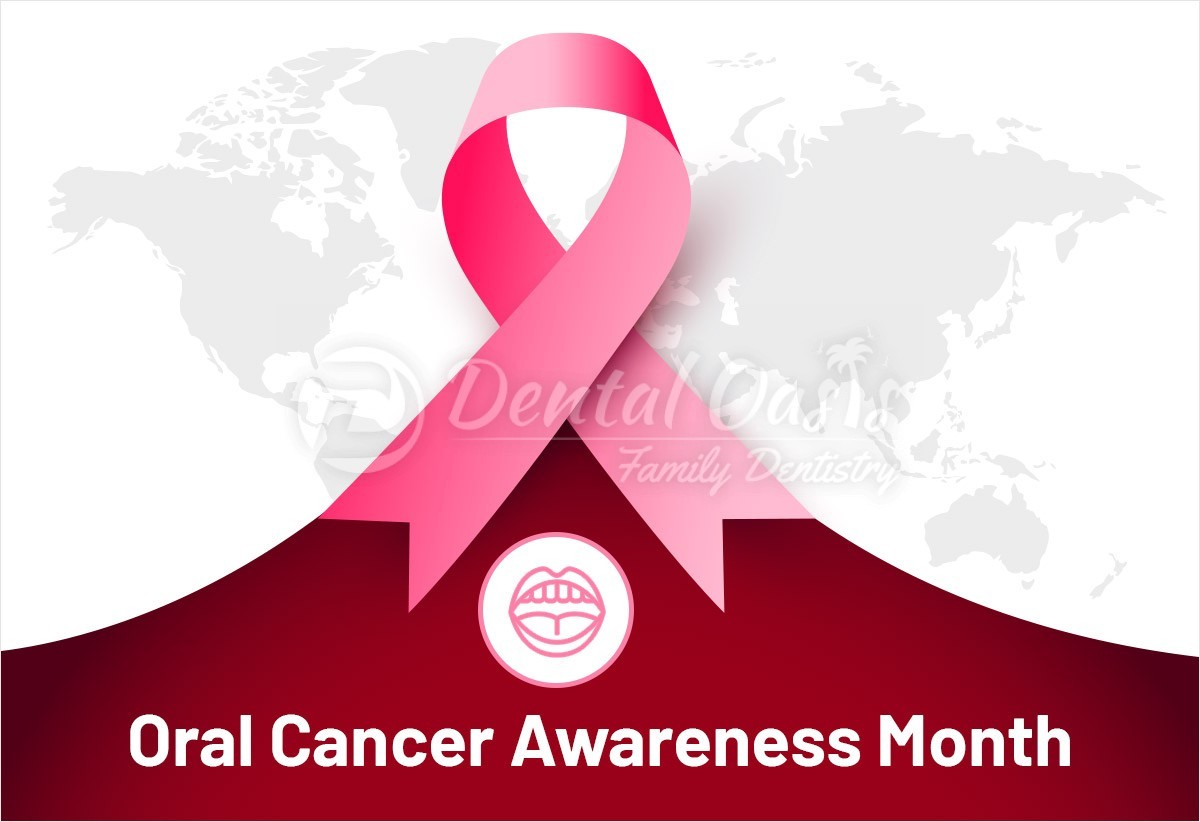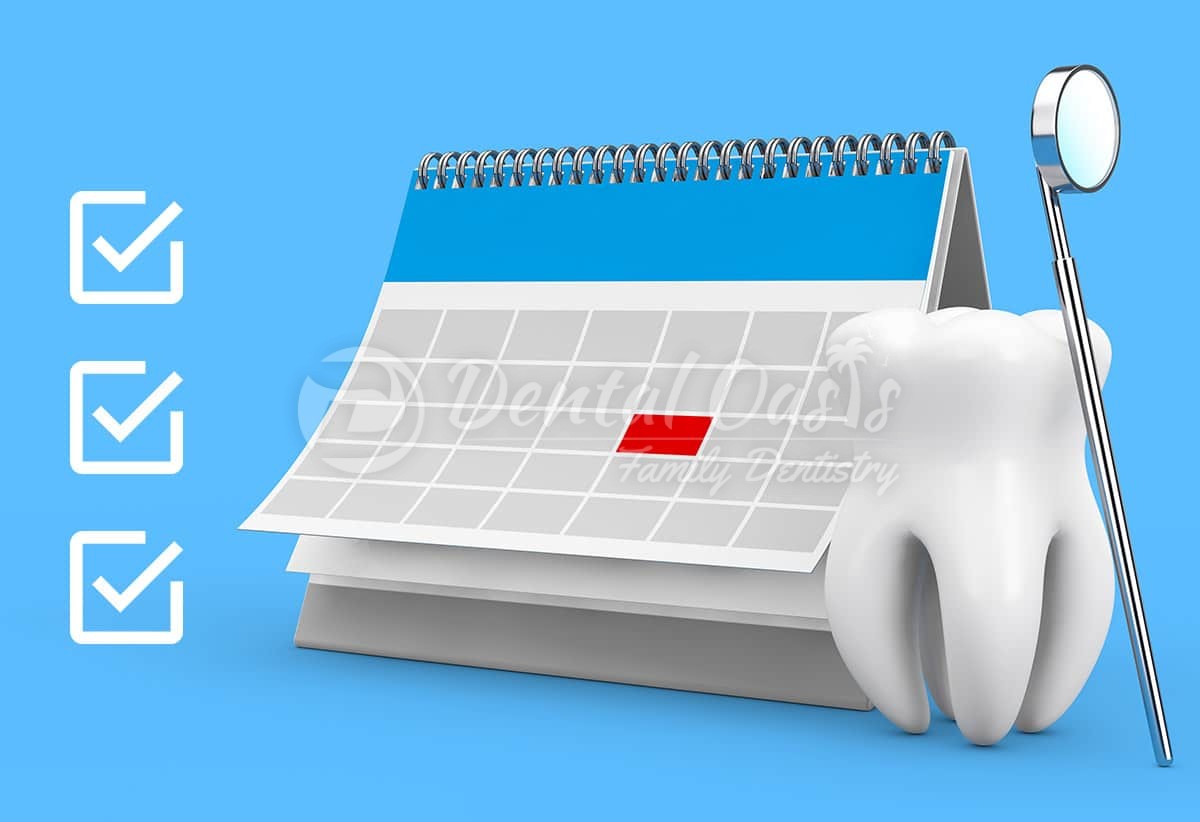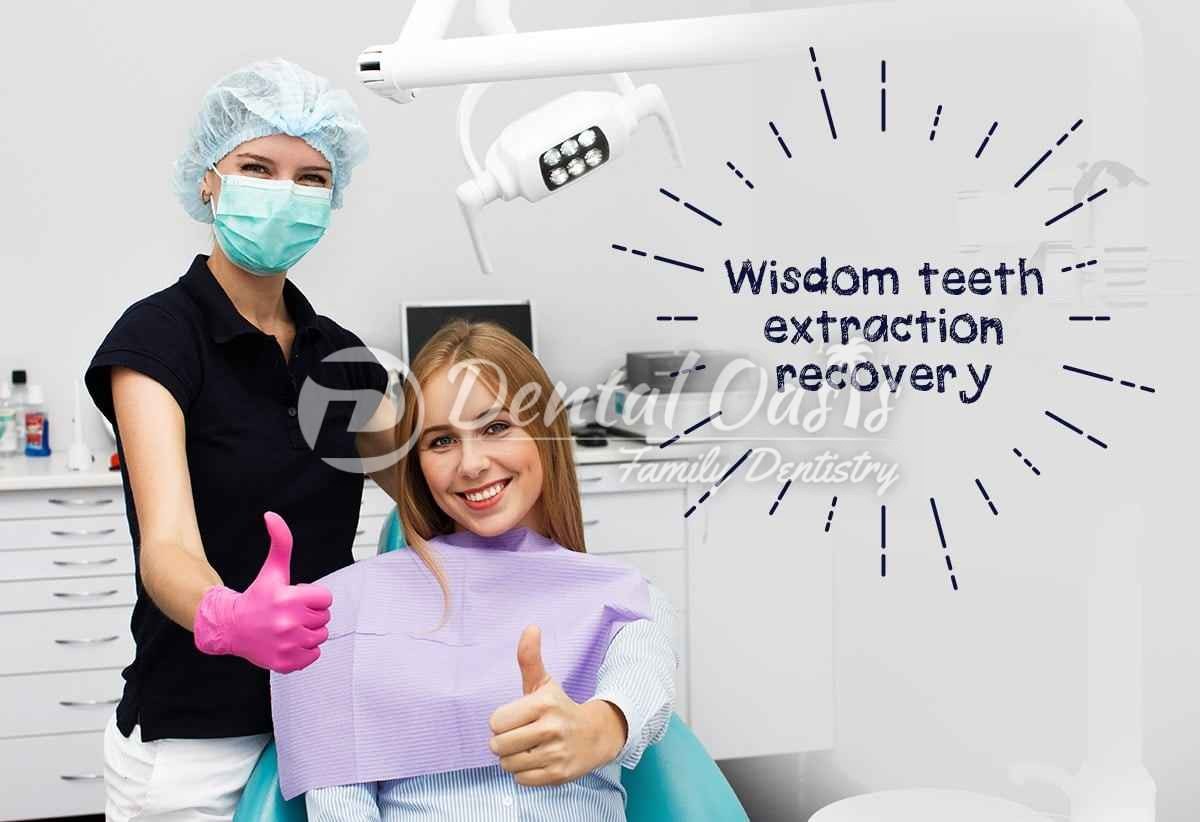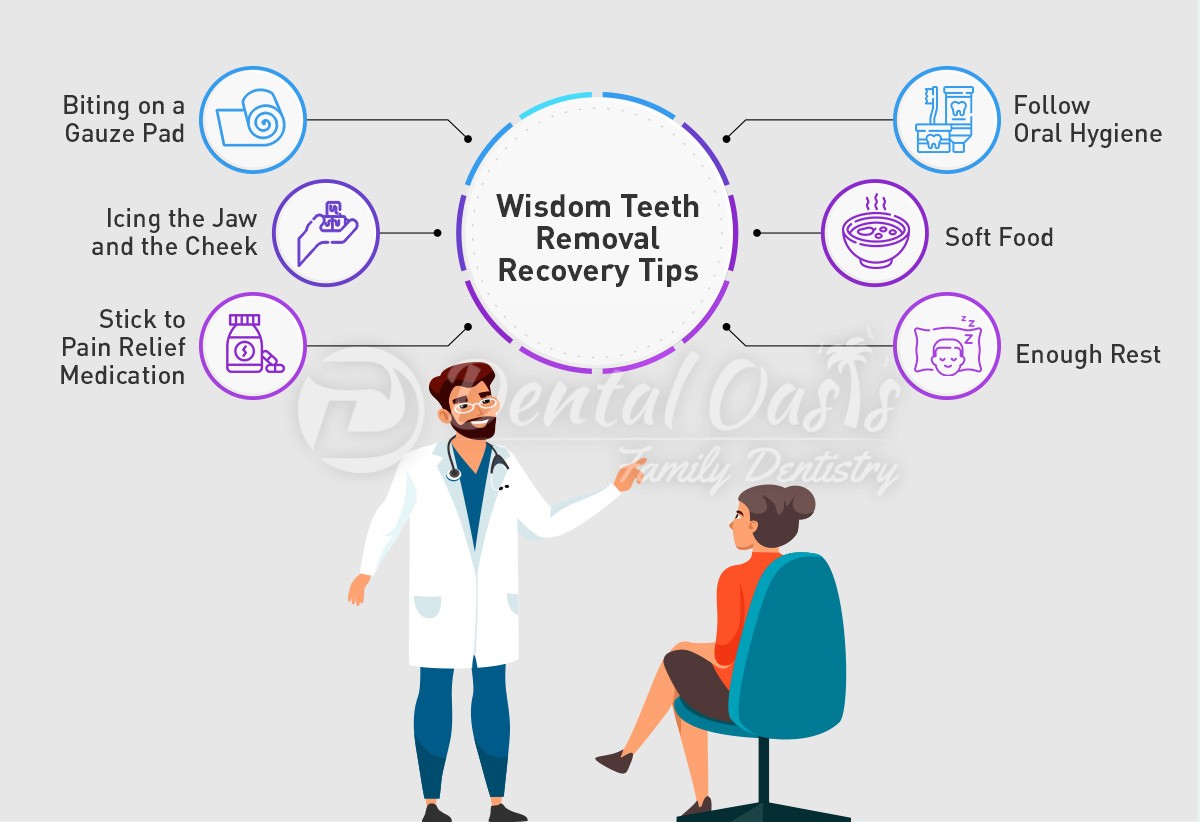Find out the importance of Oral Cancer Screening on this Oral Cancer Awareness Month!

Oral and oropharyngeal cancer (cancer of the mouth and upper throat) kill nearly one person every hour, every single day of the year in US alone. Data reveals that of the people diagnosed with these cancers, 40% do not make it beyond a lifespan of five years. These statistics are a grim reminder of the need for early detection as when treated early the survival rates may go up. In fact, when found early, oral cancers have an 80% or better survival rate.
April being the Oral Cancer Awareness Month, it will be good to look at the importance of oral cancer screening, the risk factors and prevention in detail. The only hope when it comes to saving lives from this deadly disease is raising awareness and early detection.
Causes & Risk factors of Oral Cancer
While smoking and the use of tobacco remain the major risk factors, the fact remains that a fast-growing segment is also young, healthy and non-smoking individuals who contract the HPV virus. Let us look at some of the causes of oral cancer in detail:
- HPV is one of the leading causes of oropharyngeal cancer.
- Tobacco, both smoked and smokeless is known to cause cancer
- When tobacco is also combined with alcohol, the risk of contract oral cancer increases many fold.
- While this may sound surprising but excessive exposure to sun may increase the risk of your contracting lip cancer.
- Not eating a healthy, balanced diet may also increase the risk.
- Age is a factor too, as most oral cancer patients are noted to be in the 40 plus age bracket.
The signs and symptoms of oral cancer predominantly include:
- Sores and ulcers that do not heal soon
- Discoloration of soft tissues in the mouth
- Abnormality in the mouth that also bleeds easily
- Lump or hard spot in the tongue
- A sore under a denture
- Lump in the mouth
- Lump on the outside of the neck
In addition, HPV-caused oropharyngeal cancer can show the following symptoms:
- Hoarseness that does not get better in a few weeks
- A swollen tonsil, usually painless on one side
- Persistent cough
- Difficulty swallowing
- Earache on one side that lasts for more than few days
Oral Cancer Prevention:
Since prevention works much better than cure, let us also look at some of the preventive methods, which significantly lower your risk of developing oral cancer:
- Cutting out tobacco in all forms
- Cutting down on excessive alcohol consumption
- Limiting exposure to the sun
- Eating a balanced diet that includes abundant fruits & vegetables.
- Exercising to maintain a healthy immune system
- Ensuring that you see your dentist regularly
Practicing good oral hygiene is also key. This includes:
- Brushing your teeth twice daily
- Flossing it every day
- Using a tongue scraper
- Using an antimicrobial mouth wash
Regular oral cancer examinations are one of the best ways of detecting oral cancer in the early stages. In fact, if you have never had an oral cancer examination, there is no better time to schedule it.
What really does an oral cancer screening entail?
An oral cancer screening can be an important part of every dental checkup.
The screening begins with your dentist evaluating and updating your medical history-making a mention of any changes that may have occurred. Do remember to inform your dentist of any health issues as well as any new medications. A comprehensive medical history will also mean your dentist asking questions about any risk factors that you may display for oral cancer. Some of these include smoking and excessive alcohol consumption.
The oral cancer screening will involve examining areas both inside and outside your mouth. This is a painless process, so you need not fret. Essentially the dentist will look for any abnormalities, sores, lumps, tissue changes and more. In case anything suspicious is found, the dentist will recommend you to an oral surgeon or suggest a biopsy.
How often should you be screened?
Typically scheduling an oral screening exam once every six months is a good routine to follow. In case you fall under a high risk bracket, your dentist may suggest the desired frequency.
When to check in with your dentist?
Should you see any signs or symptoms mentioned above that do not clear up, do not hesitate to see your dentist. Lumps, ulcers, and any such growth should not be taken casually. Additionally, any difficulty in chewing, swallowing, or speaking should be reported. If you witness any pain, numbness, or change in bite, you should promptly fix an appointment with your dentist. Waiting for the symptom to become painful only means that detection is delayed. In any case, pain isn’t a reliable indicator. Ever so often something that does not hurt can also be life-threatening. When visiting your dentist, it is also important to share all your concerns without worrying about the fact that they may be insignificant.
This April, make prevention & early detection a priority
Besides the six monthly dentist appointment, do remember to screen yourself at home. This will involve:
- Examining your tongue for any patches and lumps
- Feel for any lumps in the inside of your lips
- Similarly feel for any lumps, white or red areas in the inside of your cheeks
- Screen your gums for any abnormal changes
- Check the roof of your mouth for any abnormalities
- Look for any lumps or bumps on the floor of your mouth
- Examine your tonsils for any enlargement, redness or unusual bumps.
In case of any abnormalities, do reach out to your dentist at the earliest.
While receiving a diagnosis and fighting cancer can be a hugely challenging time, you need to remember that early detection and a great team of medical professionals can make all the difference.
At Dental Oasis Family Dentistry, we offer oral cancer screening service. Schedule an appointment with us and smile on your way to good oral health! You can also reach us via email at office@dentaloasispleasanton.com or call us at (925) 846-4491.







